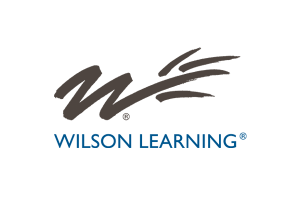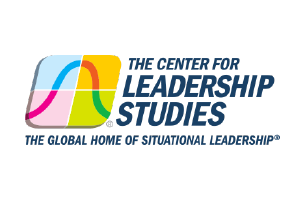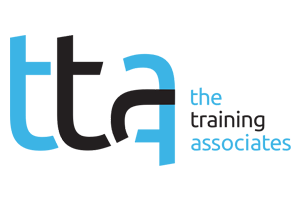As the world slowly emerges from the shackles of COVID-19, leaders and employers across a multitude of sectors are facing a reality that even the most robust of contingency plans failed to foresee. Concerned workers are demanding clear answers, organizations must implement new processes and a radical switch to more remote teams has caused even the most traditional of companies to review their working culture. At a time of such uncertainty and pressure, it is clear that many leaders are facing the biggest challenge of their career.
Motivation and Productivity
The complexities faced by leaders in the wake of COVID-19 are plentiful, but perhaps the biggest hurdles to overcome relate to employee motivation and productivity. Existing practices and policies to keep staff engaged, focused and productive are no longer applicable, as many of the influencing factors, such as work environments, team dynamics, working patterns and information technology (IT) provisions, have changed.
An extensive report by McKinsey entitled “Fostering employee productivity and morale through COVID-19” emphasizes the need to provide flexibility, in terms of both tasks and working patterns, and to promote good health and well-being practices, to ensure that employees are supported across “mind, body, and purpose.” The report also stated that a failure to act appropriately could have long-term implications for organizations’ and leaders’ reputations, particularly if they lack empathy.
Plugging the Skills Gap
Leaders face a multitude of new challenges when it comes to running effective teams, and few of them are adept in all of the skills needed. Add to this reality the threat that any wrong moves could cause significant brand damage not only to the organization but to the leader, and you can see why many may be facing a case of paralysis by analysis.
Coaches can play a crucial part in facilitating this transition as leaders struggle to make sense of the new world around them. By bringing in external experts in areas such as motivation, well-being, time management, virtual work and mental resilience, leaders can focus on orchestrating a clear and outcome-orientated response to the COVID crisis. Then, they will be free to focus on the bigger picture, the more strategic and long-term decisions for which they have been appointed, rather than being dragged into the daily grind of managing a COVID-secure operation.
Digital Delivery
Coaches who have already developed online programs for delivery will be at a distinct advantage during this time. With one report indicating that 43% of the full-time American workers currently working from home would like to do so more of the time even after the COVID-19 pandemic is over, it is likely that remote work will remain part of many organizational cultures. The ability to deliver training, personal development and occupational health activities remotely is essential, and the time and costs associated with creating these programs in house makes the case for using external coaches more compelling. In fact, many coaches have grown their business during the coronavirus pandemic because they were prepared and ready to deliver their services online.
Having worked with coaches for over 10 years, I have seen just how resilient and adaptive the coaching industry is, even in the face of a global health crisis. Coaches are exactly the kind of trouble-shooters that organizations need right now, when time is of the essence, speed of implementation is crucial and room for error is tiny. Those leaders who are willing to call in the experts and who are open to new ways of thinking, working and interacting will be the ones who are remembered for guiding their organization through one of the biggest challenges in its history.









